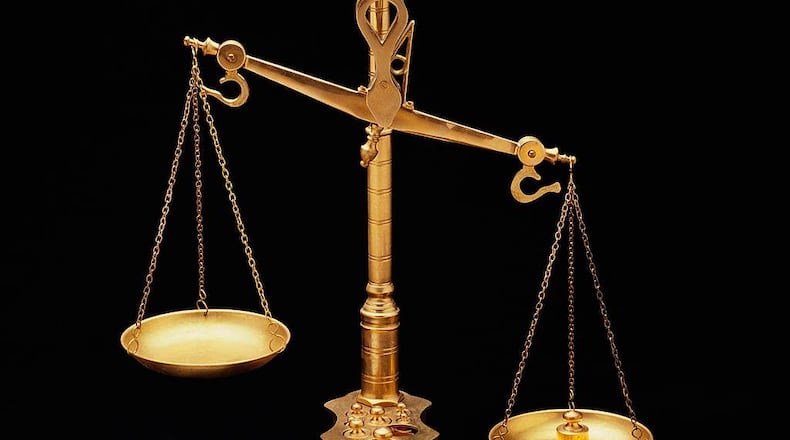Nearly 800 students subjected to illegal body searches by former Worth County Sheriff Jeff Hobby and his deputies will begin receiving payments under a $3 million civil rights lawsuit settlement signed off by a judge last month.
The April 2017 episode involved Hobby ordering the Worth County High School locked down for hours as his deputies conducted invasive drug searches on each student.
Hobby reached a plea agreement last month in the criminal case involving charges that included violation of oath of office. He will serve six months in jail and five years probation under an agreement that included a charge that he interfered with the GBI's criminal investigation stemming from the search.
Credit: Worth County Sheriff's Office handout
Credit: Worth County Sheriff's Office handout
The bizarre episode shook the small South Georgia community 20 miles east of Albany and drew national attention to one of the most brazen civil rights violations by a law enforcement official in recent memory. Students reported feeling sexually violated by deputies as they touched their underwear and private parts in a search that found no drugs in the school.
The payments to each student will be determined by how badly their civil rights were violated. Those who subjected to the worst searches will receive a maximum of $4,000, while the minimum payment will be $1,000. Close to 600 students responded to written surveys to determine the nature of the search conducted on them and how much they will be eligible to receive.
"These were incredibly invasive searches," said Mark Begnaud, a civil rights attorney in Atlanta who along with the Southern Center for Human Rights represented the students.
About the Author
Keep Reading
The Latest
Featured



